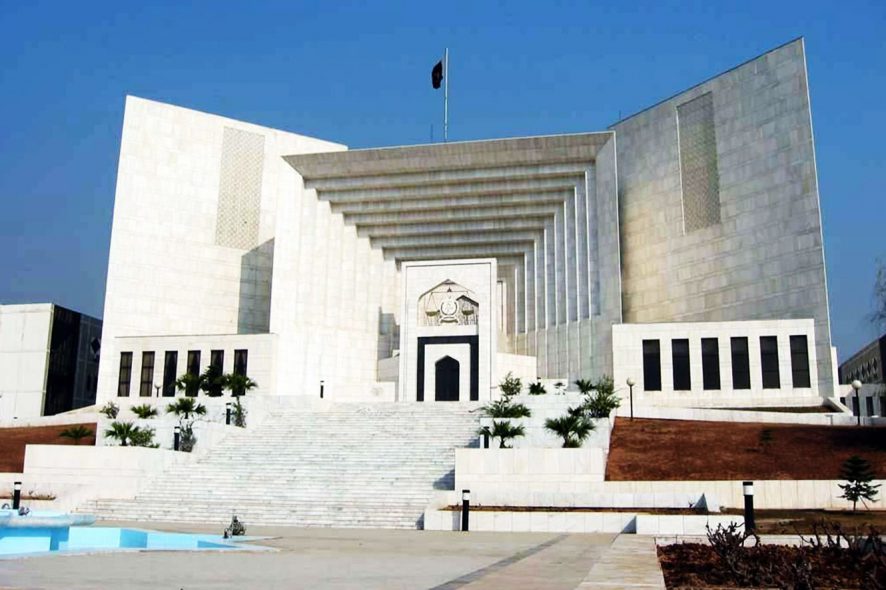Supreme Court of Pakistan: A Three-Judge bench comprising of Umar Ata Bandial, Faisal Arab and Sajjad Ali Shah, JJ. while hearing an appeal in relation to disqualification of a parliamentarian, ruled that a parliamentarian can be disqualified under Article 62 (1)(f) of the Constitution of Islamic Republic of Pakistan only when he has dishonestly concealed his assets.
Petitioner’s appointment to public office was challenged by the respondent before the Islamabad High Court alleging that while holding office in Pakistan, petitioner was serving a UAE based company as its full-time employee. Respondent’s constitution petition for quo warranto was allowed by the High Court and the petitioner was disqualified as a member of the National Assembly. This order was challenged in the instant petition.
Petitioner submitted that he only rendered advice on the phone to the company and was not required to be physically present in UAE. Also, since the salary received from the company had already been spent by him, therefore its details were not mentioned in his nomination paper.
The Supreme Court observed that the entire purpose behind seeking details of assets and liabilities under election laws is to discourage persons who have wrongfully acquired assets, from contesting elections. Therefore, in a proceeding brought under Article 62 (1)(f) of the Constitution, Court must first call upon the elected member to explain the source from which the alleged undisclosed asset was acquired. Where no satisfactory explanation is forthcoming from him and the undeclared asset is not commensurate with his known sources of income, a presumption of unlawful means having been used in relation to that asset arises. Relying on its decision in Muhammad Hanif Abbasi v. Imran Khan Niazi (PLD 2018 SC 189) the Court held that unless a member is found guilty of dishonest concealment of assets in appropriate judicial proceedings, Article 62(1)(f) cannot be invoked to disqualify him for life.
It was observed that though it was highly inappropriate for a parliamentarian to take a full-time job in a foreign country, but it seemed highly improbable that a person holding such a position would actually be rendering his services as a full-time employee elsewhere. Thus, the petition was allowed holding that since no undeclared proceeds from UAE company existed at the time of filing of petitioner’s nomination papers, therefore no case of concealment of assets was made out. [Khawaja Muhammad Asif v. Muhammad Usman Dar, Civil Petition No.1616 of 2018, decided on 19-10-2018]







